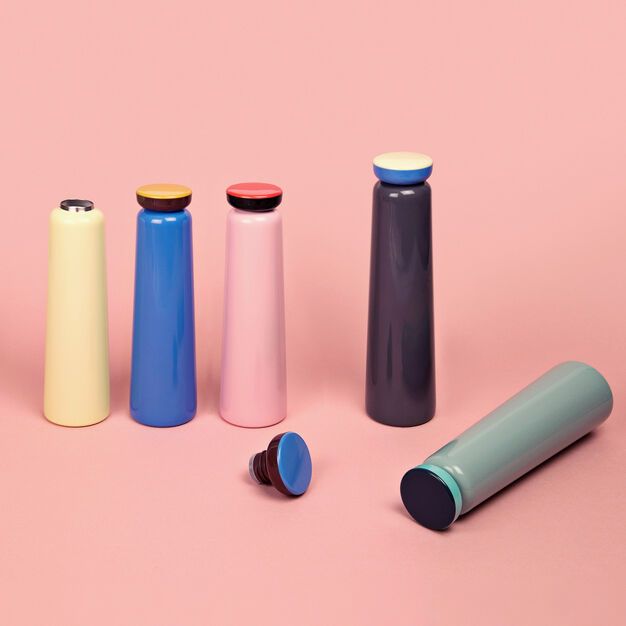Summer is in full bloom, and people are chasing golden memories and new places to explore. Whether you’re planning your next trip or taking a “staycation,” it’s essential to be mindful of having a throw-away mentality and just consume and dispose of it.
There’s something about summer that makes people drink and eat more. Things are packaged in plastic, served in a single-use container, wrapped in a film ready for disposal, or served with utensils that will wind up on beaches and puncture your toe. It’s happened to me; I feel your pain. With so many new advances and alternatives to wasteful, harmful materials, it’s difficult to wonder why you might not have adopted some. But there’s a new issue this summer that needs attention.
As we talked about in a previous blog post, plastic releases harmful chemicals when it breaks down in landfills, polluting our air. Humans also ingest plastic in various ways: through the air we breathe, eating seafood, or even consuming minute amounts of plastic packaging. Plastic is basically a toxin for the body and can shut down organs and compromise immune function.
Maybe the local beach looks different than I remembered. Among the familiar trash, the cigarettes, the bottles, and the bags drifting in the wind are the new assortment of waste: face masks. Large amounts of COVID-19 protective gear, such as face masks, have littered our streets and beaches. Hospitals have generated six times more medical waste than normal. In addition to the 35.4 million tons of plastic Americans normally waste, the new restrictions on reusable bags in stores will roll back a lot of progress made. Here are three tips that will help limit the use of plastic this summer.

Photo @haydesign
Reusable water bottles – I know everyone has perpetuated this tip, but the amount of disposable plastic bottles thrown away in the U.S. is an astounding 60 million per day. There are water bottles of so many shapes, sizes, and materials to keep your water cold for much longer than those single-use bottles. While they might be clunky in the beginning, once you get used to taking it everywhere, you’ll notice when it’s gone.
Buy whole foods and bring reusable bags – Plastic is most prominent in the foods we consume. Whether it’s the bag that holds your favorite snack or the package of vegetables wrapped in it, plastic holds a place in every section of the grocery store and restaurants. The reality is that plastic elongates the ripeness of food for a longer time, limiting food waste. However, there’s nothing you can’t do yourself. Buying whole foods and using reusable bags at home to preserve the foods will help limit both food and plastic waste..
Plan Ahead – Picture this: you sweat over planning the perfect road trip. You plan every sight, every break, every activity. You pack everything the night before and arrive at your hotel for the first night. You’re ready to get into bed, and then you realize…you forgot your toothbrush. Without specific planning as to what you should bring, it’s easy to forget little things and force you to buy them. Even if the item isn’t plastic, it’s probably encased in plastic packaging. A little bit of planning can prevent waste.

